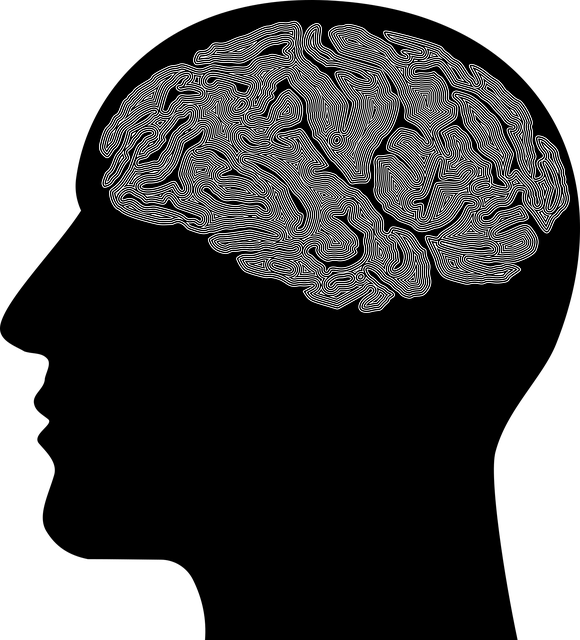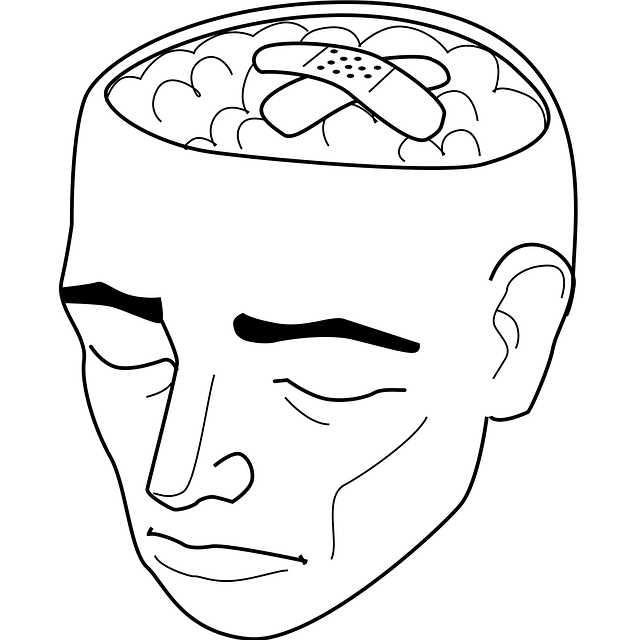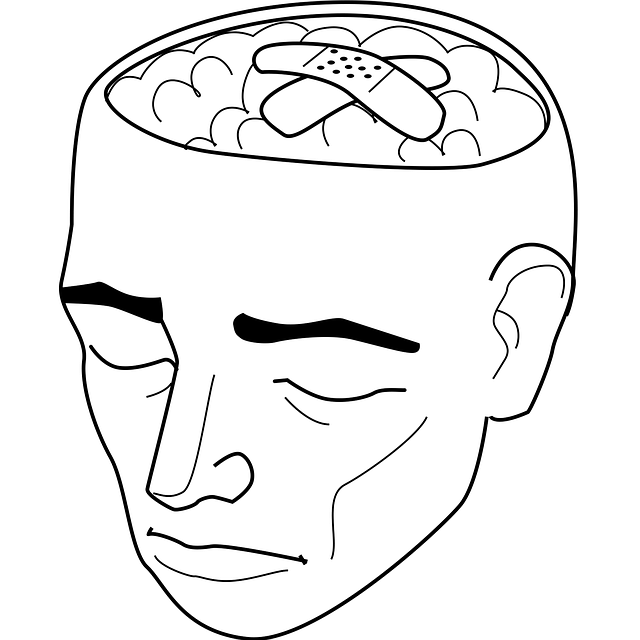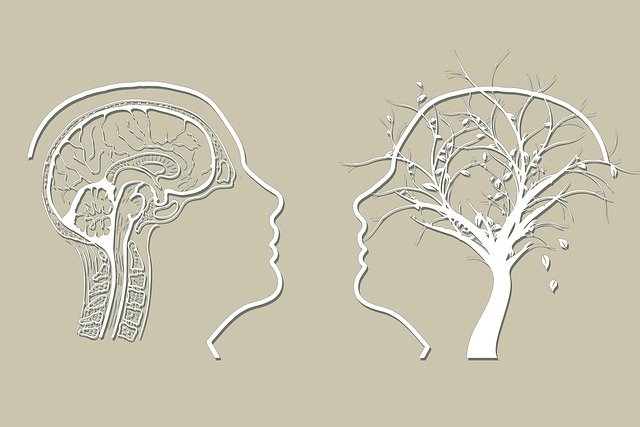Mental health education, particularly focusing on early recognition through programs like Arvada Suicide Prevention Therapy (ASPT), is vital in preventing severe outcomes like suicidal ideation. ASPT, designed by experts, offers structured interventions and prevention strategies for adolescents, empowering them with self-esteem improvement and crisis management skills. Effective programs must include crisis intervention techniques, stress management guidance, and evidence-based practices to enhance resilience. Training educators and community members on cultural sensitivity and communication ensures a holistic approach, fostering a culture of care that promotes emotional healing and improved emotional regulation.
Mental health is a critical aspect of overall well-being, yet it often goes overlooked until crises arise. To address this gap, effective mental health education programs are essential in fostering resilience and promoting early intervention. This article explores the design of such programs, focusing on strategies to mitigate mental health issues. We delve into understanding common challenges like suicide prevention, highlighting the success of Arvada Suicide Prevention Therapy in schools. Additionally, we emphasize the need for comprehensive training and support systems for educators and community members.
- Understanding Mental Health Issues and Their Impact
- Components of an Effective Education Program
- Implementing Arvada Suicide Prevention Therapy in Schools
- Training and Support for Educators and Community Members
Understanding Mental Health Issues and Their Impact

Mental health issues encompass a broad range of conditions affecting one’s emotional, psychological, and social well-being. Understanding these issues is paramount in designing effective programs for prevention and therapy. Conditions such as depression, anxiety disorders, and even suicidal ideation can profoundly impact individuals’ daily lives, relationships, and overall quality of life. For instance, in Arvada, suicide prevention therapy has become a crucial focus due to the rising rates of mental health crises.
By integrating knowledge about these conditions into educational programs, individuals can learn to recognize symptoms early on, fostering a culture of emotional healing processes and improved emotional regulation. This proactive approach aims to prevent more severe outcomes, such as depression prevention, by equipping people with the tools to support their peers and themselves during moments of distress.
Components of an Effective Education Program

An effective mental health education program should incorporate several key components to ensure it achieves its goals and positively impacts participants’ lives. Firstly, Arvada Suicide Prevention Therapy plays a crucial role in equipping individuals with the skills to recognize and respond to suicidal ideation and behavior. This includes teaching crisis intervention techniques that promote emotional well-being promotion and foster inner strength development.
Additionally, the program should offer comprehensive guidance on managing stress, anxiety, and other common mental health challenges. By combining evidence-based practices, Emotional Well-being Promotion Techniques can empower individuals to develop coping mechanisms that enhance their overall resilience. Moreover, incorporating real-life scenarios and role-playing exercises during sessions provides practical Crisis Intervention Guidance, ensuring participants feel prepared to handle sensitive situations effectively and with compassion.
Implementing Arvada Suicide Prevention Therapy in Schools

Implementing Arvada Suicide Prevention Therapy (ASPT) in schools is a significant step towards fostering mental well-being among students and creating a supportive environment. ASPT, developed by experts, offers a structured framework that focuses on early intervention and prevention strategies to address rising suicide rates, especially among adolescents. By integrating this program into educational institutions, schools can become hubs of hope and resilience.
The community outreach program implementation involves training teachers and school counselors to recognize signs of distress and provide immediate support. Self-awareness exercises and interactive workshops are key components, encouraging students to explore their emotions and build coping mechanisms. Additionally, ASPT promotes self-esteem improvement through positive affirmations and goal-setting activities, empowering young individuals to navigate life’s challenges with enhanced confidence and a sense of purpose.
Training and Support for Educators and Community Members

In designing a comprehensive mental health education program, it’s imperative to prioritize training and support for both educators and community members. This includes equipping them with effective communication strategies and cultural sensitivity in mental healthcare practice. By fostering an environment where everyone involved is well-equipped to recognize and address mental health issues, we can significantly enhance the program’s impact.
For instance, Arvada Suicide Prevention Therapy can benefit greatly from these initiatives, ensuring that educators are not only capable of identifying at-risk individuals but also providing initial support until professional help arrives. This holistic approach promotes a culture of care and ensures that all community members feel supported in their mental health journeys, fostering positive thinking and resilience.
Mental health education programs, such as the successful implementation of Arvada Suicide Prevention Therapy in schools, play a pivotal role in fostering resilient communities. By equipping educators and community members with the necessary tools and knowledge through comprehensive training, we can effectively navigate mental health challenges. This approach not only enhances the well-being of individuals but also creates a supportive environment where everyone feels empowered to recognize and address potential crises. Integrating programs like Arvada Suicide Prevention Therapy into educational settings is a powerful step towards normalizing conversations about mental health and ensuring that folks receive the help they need.












